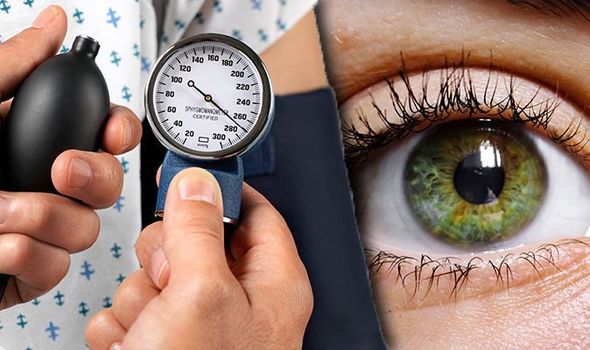
High blood pressure, or hypertension, poses significant risks beyond heart and kidney complications; it can also severely impact your vision. The delicate blood vessels in the retina, the tissue at the back of the eye responsible for converting light and images into nerve signals, are particularly vulnerable. When left untreated, hypertension can damage these retinal vessels, leading to a condition known as hypertensive retinopathy. This damage can become severe and result in lasting vision problems if hypertension is not properly managed.
Additionally, elevated blood pressure can accumulate fluid beneath the retina, leading to distorted vision and potential scarring—a condition called choroidopathy. The optic nerve can also suffer damage due to restricted blood flow, causing optic neuropathy that may lead to vision loss by destroying nerve cells in the eyes. Furthermore, high blood pressure increases the likelihood of developing other eye conditions such as glaucoma and macular degeneration, both of which can cause significant vision impairment or blindness if left untreated. Proper management of blood pressure is crucial to prevent these serious ocular complications.
Hypertensive retinopathy (HR) is a potential complication arising from high blood pressure (hypertension), where the force of blood against the artery walls is stronger than normal. Over time, this increased pressure can damage arteries and disrupt blood flow to various body parts. While hypertensive retinopathy is a serious condition on its own, it also serves as an early warning sign of broader blood flow issues.
Symptoms of hypertensive retinopathy often go unnoticed until the condition has progressed significantly. When symptoms do appear, they may include double vision, dimmed vision, or even vision loss, along with headaches. If these symptoms develop suddenly, they could indicate dangerously high blood pressure and should be treated as a medical emergency.
Several factors can increase the risk of developing high blood pressure, including:
Individuals with hypertensive retinopathy face several potential complications, including:
Diagnosing hypertensive retinopathy typically involves an ophthalmologist performing a detailed examination based on your symptoms, which may include:
The primary treatment involves controlling high blood pressure through lifestyle changes, medication, and regular eye check-ups. Managing blood pressure is essential for preserving your vision and overall health.
At ASG Eye Hospital, our expert team utilizes cutting-edge technology for early detection, ensuring your vision is protected with the highest level of care.
H. No.- 15/153/ A2, A3 & A4, Dr Jack de Sequeira Rd, above Audi Showroom, Caranzalem, Panaji, Goa 403002
+91-8875029933 | +91-8875029922
goa@asgeyehospital.com, info@asgeyehospital.com